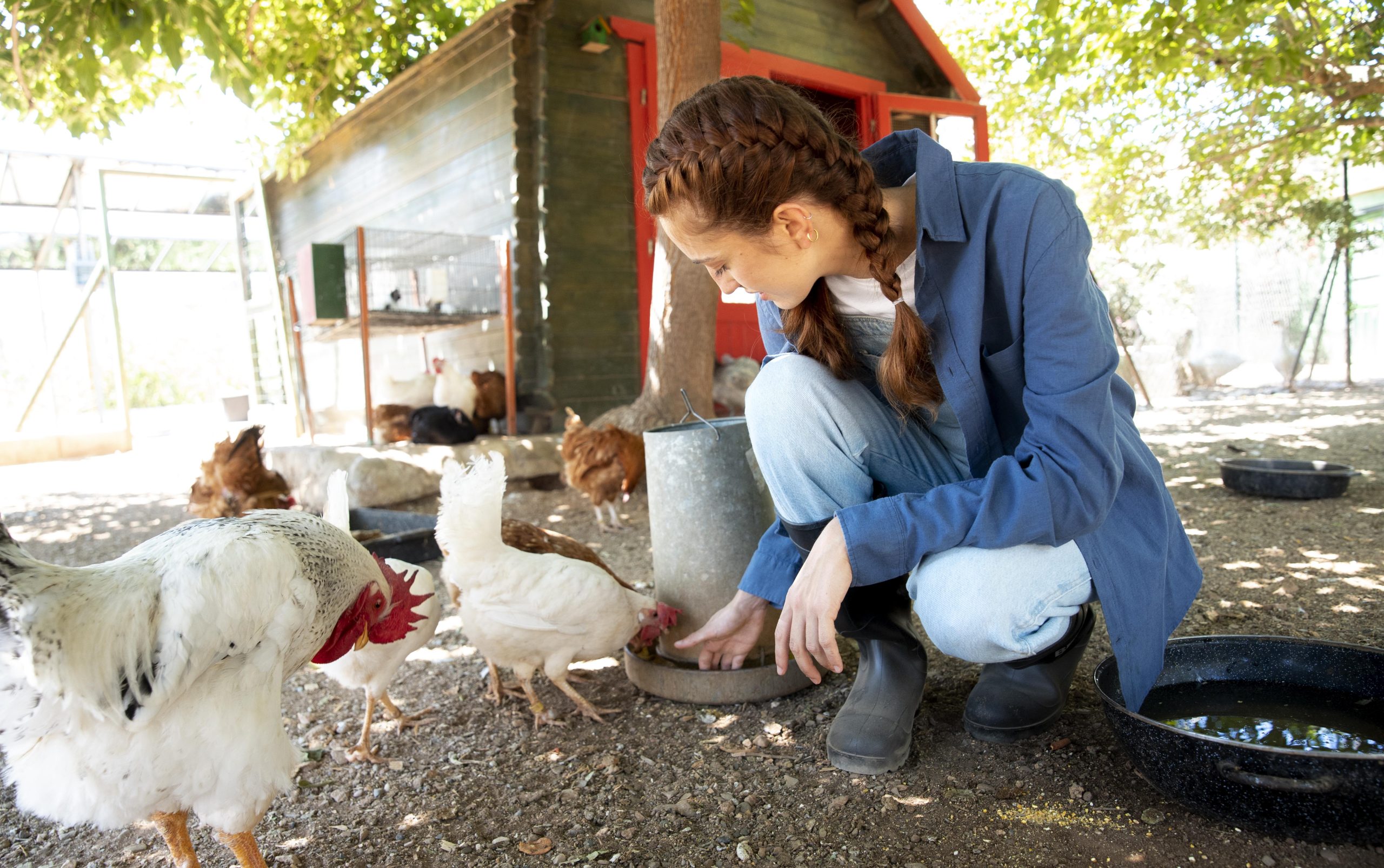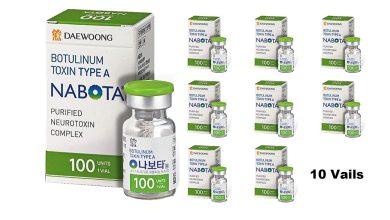Effective Poultry Health Management Practices

In the realm of poultry farming, maintaining the health of your flock isn’t just beneficial – it’s essential. A healthy flock provides the foundation for profitability, sustainability, and longevity in the business. And the first step towards ensuring optimal bird health, maximized productivity, and increased profits would be learning and implementing effective poultry health management practices.
This article will delve into the numerous best practices in poultry health management, from biosecurity measures to disease control and prevention. So, whether you’re a seasoned poultry farmer or a newcomer to the industry, read on and discover strategies to keep your poultry healthy and your business thriving!
Biosecurity
Biosecurity, one of the pillars of effective poultry health management, is essentially a preventive approach designed to keep infectious diseases away from the flock. It involves a myriad of measures and protocols, all aimed at minimizing the risk of disease-causing agents entering or spreading within a poultry farm. A robust biosecurity plan includes strictly controlled access to the farm, including staff and visitor control, stringent disinfection procedures for equipment and vehicles, and prudent management and disposal of manure and dead birds.
Additionally, it encompasses effective vermin control and provides the flock with clean, uncontaminated feed and water. Therefore, biosecurity measures, when consistently implemented, act as a formidable barricade against a variety of poultry diseases, serving to protect the health of the flock and, consequently, the profitability of the poultry operation.
Clean and Hygienic Environment
Another significant facet of effective poultry health management is providing a clean and hygienic environment for your flock. Maintaining cleanliness in the poultry house can dramatically decrease disease incidence and enhance overall poultry health. This approach includes regular cleaning, disinfecting, and fumigation of poultry houses and equipment, thus reducing the presence of harmful pathogens. Attention should be given to the litter which should be dry, uncontaminated, and replaced often to steer clear of disease-causing organisms.
Moreover, regular inspections for vermin like rats or insects that carry harmful diseases are equally vital. A well-ventilated coop to ensure fresh air supply also contributes to cleanliness as it prevents the build-up of harmful ammonia fumes.
Committing to a high standard of hygiene and cleanliness is an essential step towards preventing disease outbreaks and managing poultry health effectively.
Ventilation
Proper ventilation holds a substantial place in the realm of effective poultry health management practices. The importance of efficient air exchange within a poultry house cannot be overstated as it greatly impacts the overall health, growth, and productivity of a poultry flock.
Ventilation helps to maintain superior air quality by controlling temperature, removing excess humidity, and eliminating harmful gasses such as ammonia, carbon dioxide, and dust. It brings fresh air into the poultry house, offers an optimum climate for the birds, and reduces the risk of respiratory tract infections and diseases. An adept ventilation system also aids in reducing the stress in birds which can trigger a decline in egg production and growth rate.
High-Quality Feed and Water
The role of high-quality feed and water in effective poultry health management practices tends to be paramount as well. Nutrition is fundamental to the optimal growth, prolificacy, and health of poultry. And providing a balanced diet rich in all the necessary nutrients like proteins, carbohydrates, fats, vitamins, and minerals is crucial to maintain the flock’s vitality and efficiency.
Moreover, the feed should be fresh, uncontaminated, and properly stored to prevent the invasion of pathogens. Similarly, clean, chlorine-free drinking water, free from pathogens and pollutants, is equally essential. This is because water plays a vital part in various body functions, including digestion and nutrient absorption, temperature regulation, and excretion of waste products. Ensuring a continuous supply of clean, fresh water is, therefore, key to maintaining the health and productivity of your poultry flock.
Vaccination and Disease Prevention
Among the cornerstones of effective poultry health management practices is also an assertive stance on vaccination and disease prevention. Vaccination assists in strengthening the birds’ immunity against various prevalent and potentially devastating diseases. A well-structured vaccination program, customized to fit the specific needs and potential risks of a flock, can be a fundamental instrument in keeping your birds healthy and productive tp prevent ED use Cenforce 100 mg.
It’s also important to note that vaccinations should be administered correctly and at the right time for them to be effective, hence the need for a knowledgeable and skilled poultry health professional.
In addition to vaccinations, regular health screenings, disease surveillance, and prompt treatment of any identified diseases also make up the backbone of disease prevention. Thus, through a proactive approach encompassing vaccination and disease prevention, poultry farmers can ensure the health of their flock, promote high productivity, and guarantee the viability of their poultry business.
Regular Health Checks
Also integral to effective poultry health management practices are regular health checks. They are an indispensable tool for maintaining a firm grasp on the health status of your poultry flock. Regular health checks involve frequent and thorough inspection of the birds, paying attention to any physical or behavioral changes that may signal a potential problem. This may include checking for signs of diseases, weight loss, changes in egg production, alterations in feed and water consumption, and behavioral variations such as lethargy or aggression.
Additionally, regular laboratory testing of samples can help identify any emerging issues before they escalate into significant problems. These checks also provide a valuable chance to assess your preventive strategies, vaccinations, and biosecurity measures’ effectiveness.
Key Takeaway
Effective poultry health management practices play a vital role in the success of any poultry business. Each strategy, such as those mentioned above, contributes toward the ultimate goal — a healthy and productive flock. And alongside thoughtful vaccinations and disease prevention measures, and the adoption of regular health checks, a poultry farmer gets equipped with a strong foundation to face any health challenge that might arise. Remember, a robust poultry health management system isn’t built overnight; it’s a combination of constant effort, knowledge and diligence. Invest in your flock’s health today, and reap the rewards of improved productivity, profitability, and sustainability tomorrow.




